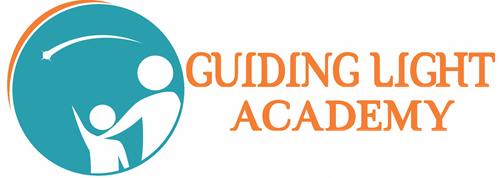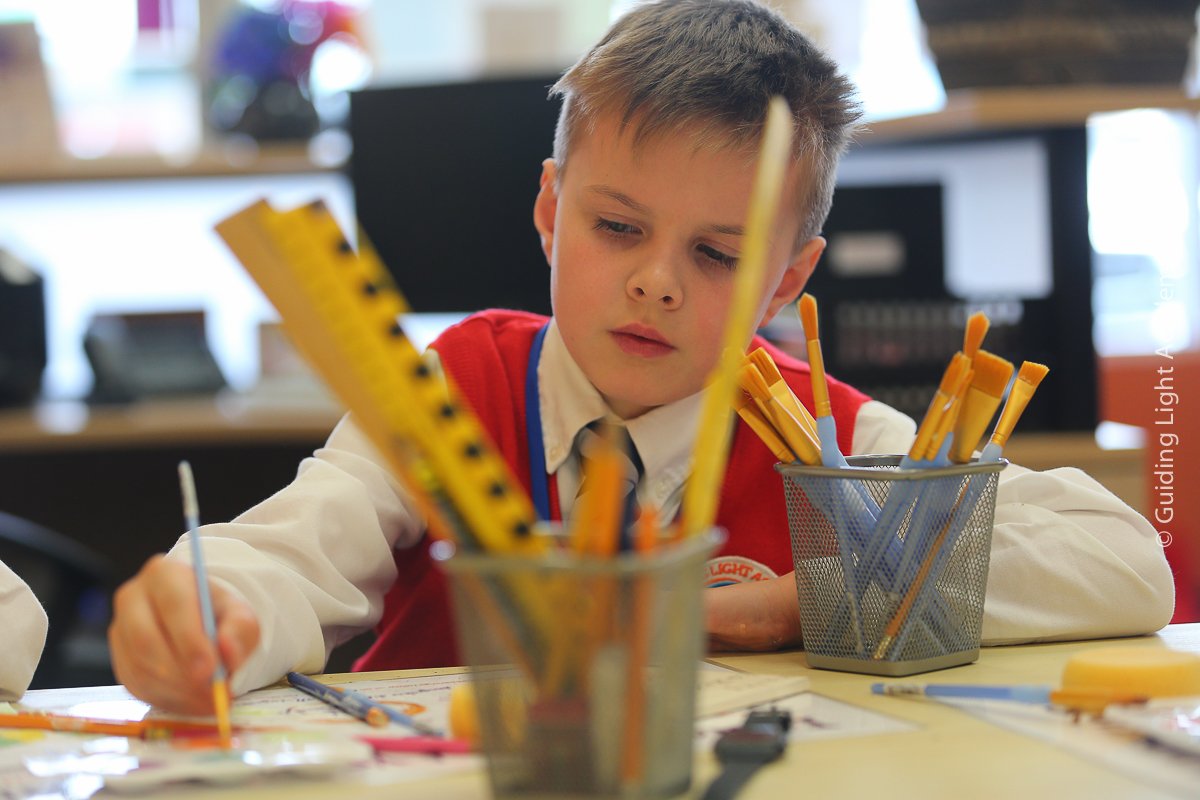Critical thinking skills, are skills children need to learn to be able to solve problems and make good, sound decisions. These types of abilities are lifelong skills built from putting together puzzles as a child in kindergarten to determining the most effective way to budget finances as an adult.
The wonderful thing about children is their natural sense of curiosity, and their never ending urge to discover. As teachers and parents, it is our role to nurture these characteristics into real skill sets. So that they can use on the path to success – or in anything they choose to do. Which therefore leads us to the first and most important aspect of critical thinking: ask questions!
No question is too naive or too trivial
When your child approaches you to ask why plants need flowers? Or even something as simple as why do we use shoe laces? Consider it an opportunity to build on their critical thinking skills. By asking questions, your child is already beginning to show their natural ability to think critically. Encourage all pursuits of curiosity that your child displays.
Take the time to evaluate information
Often, we find ourselves on very busy schedules between work, school, extracurricular activities, and responsibilities at home. Understandably it’s not unreasonable to delve into every question or conversation, and turn it into a full out educational experience. However, what we can consider is providing more effective information. By effective, we mean evaluating the smaller piece of information given at one time. Instead of explaining everything there is to know about one topic; ask you child to think about where the information is coming from, how it relates to something they already know, or why it is important.
Teach problem-solving skills
As parents it’s our natural desire to do all we can for our children, even if that means opening all their snack wraps or finding their lost toys. There’s nothing wrong with helping children with simple kinds of tasks. But instead of doing it for them, help guide them using problem solving skills to get the task done by themselves. For example, if they are trying to find their favourite pencil that went missing. Get them to think critically by asking,“where was the last place you saw it?” or “when was the last time you used it?”
Encourage their interests
Learning is much more enjoyable when it promotes a genuine interest of the child. If you find your child is passionate about drawing or painting, encourage your child to follow their interests by getting involved and giving them the tools to pursue it.
To get more information on a giving your child a private learning environment that builds self-awareness, emotional intelligence, strong morals, and ethical values, contact Guiding Light Academy a private school in Mississauga. At Guiding Light Academy we aim to inspire lifelong learning and develop spiritual awareness by employing the whole child approach to education. Learn more today by visiting our website or booking a tour of our school.

